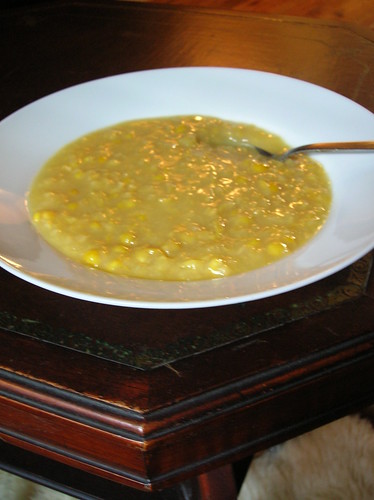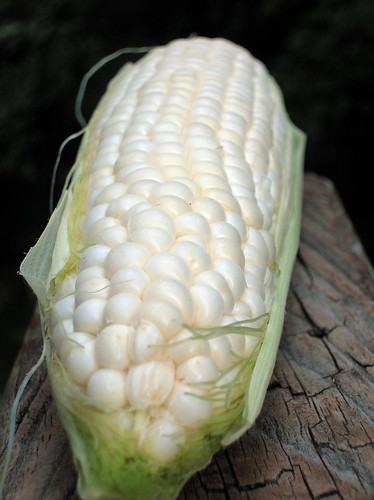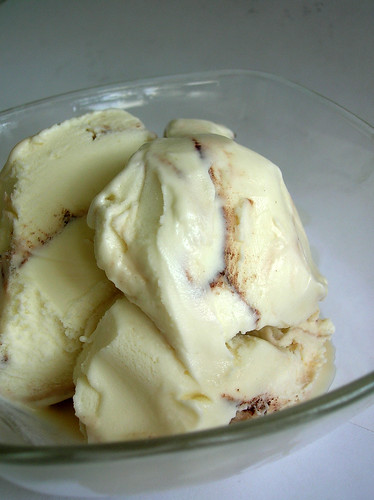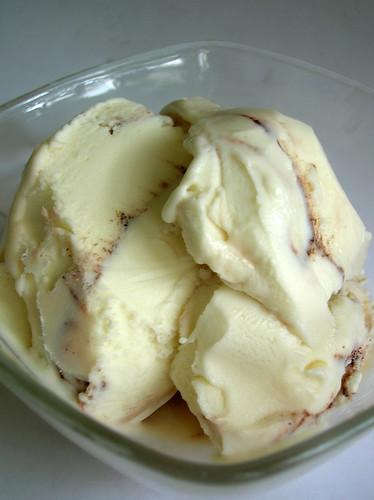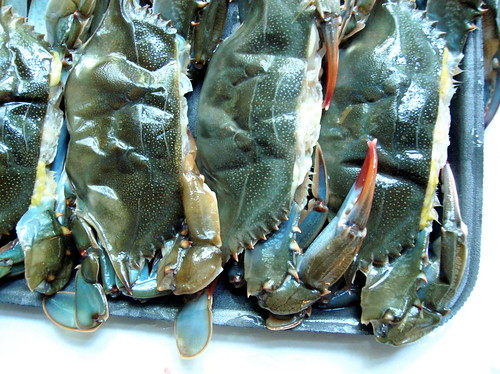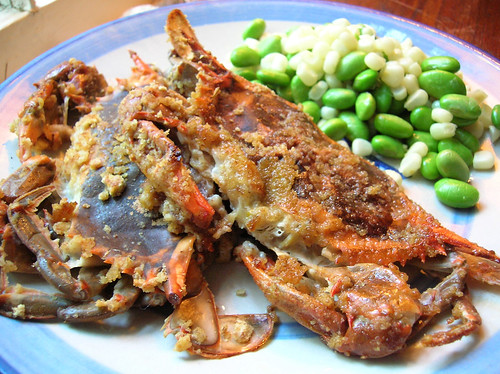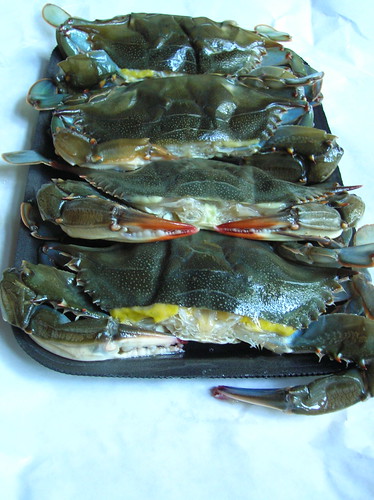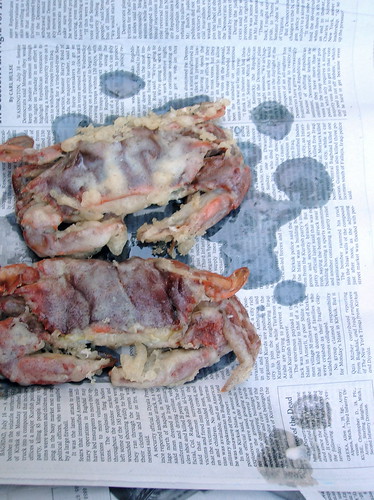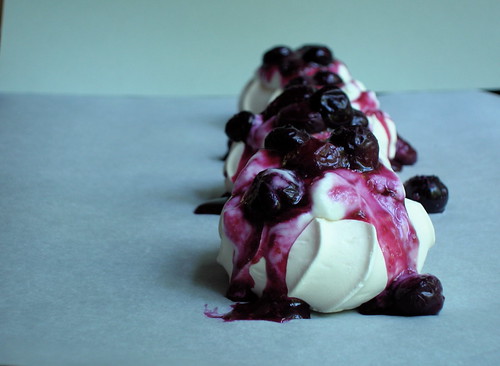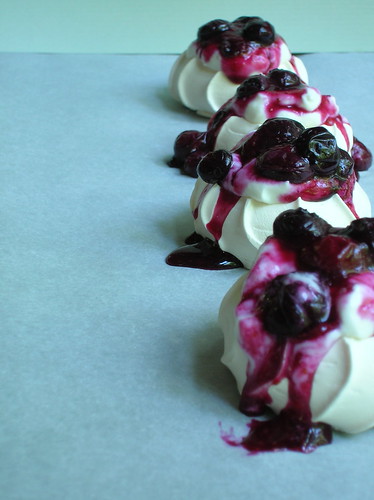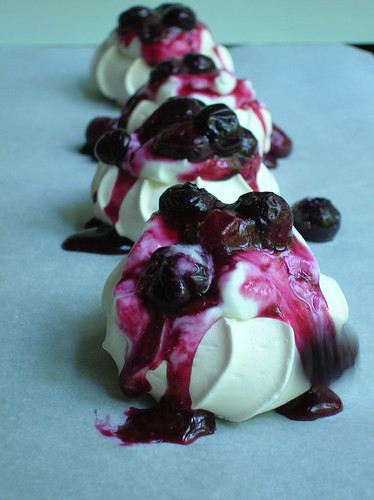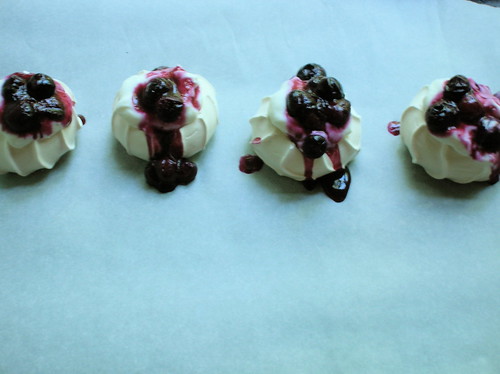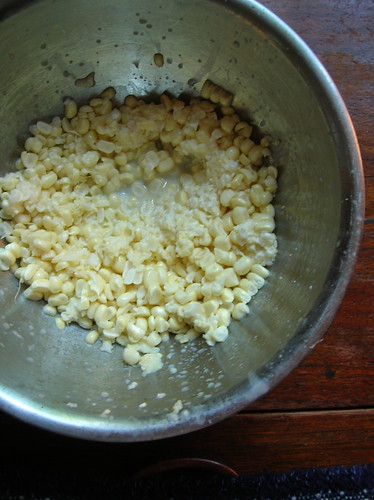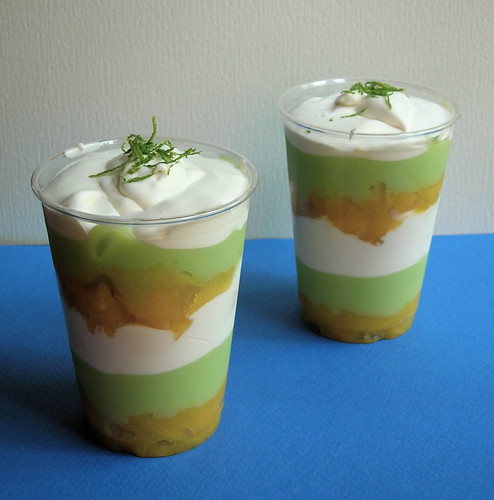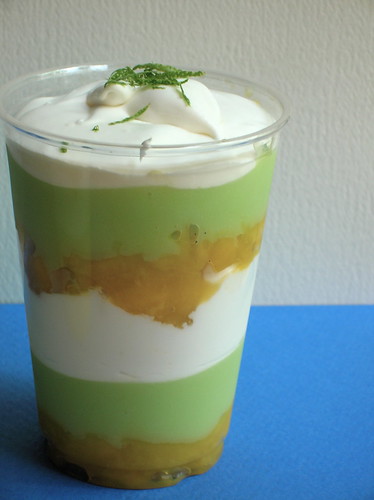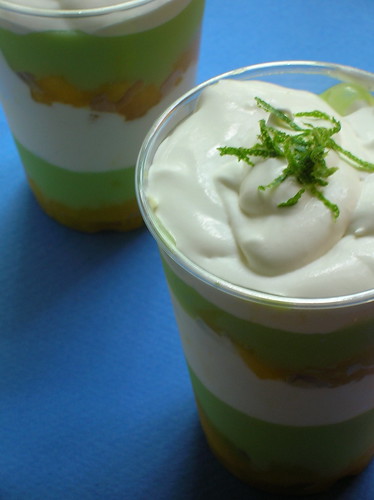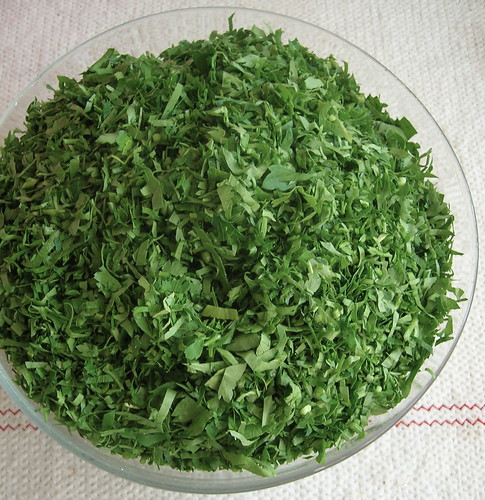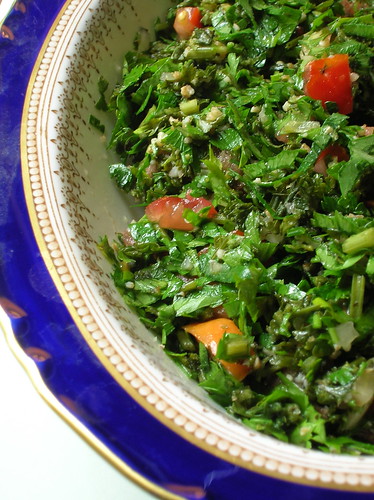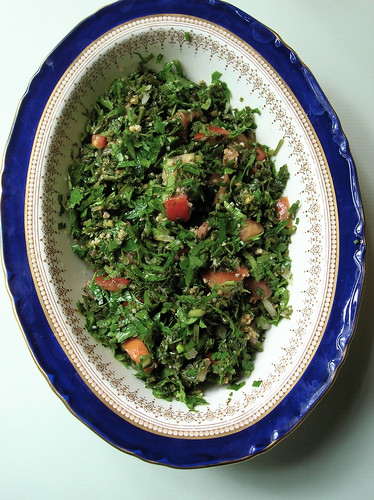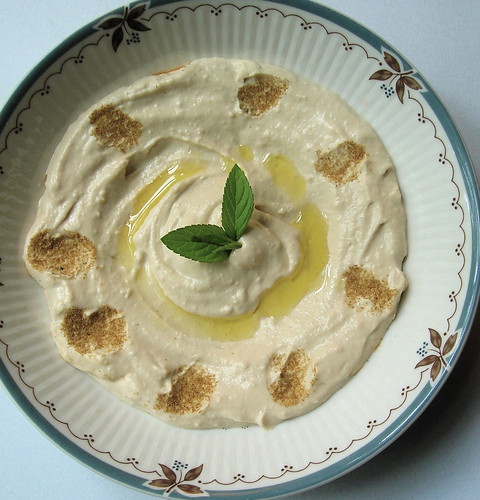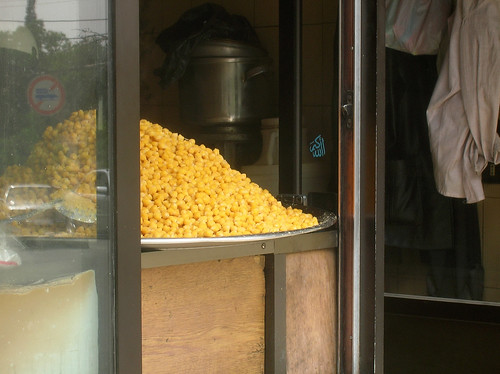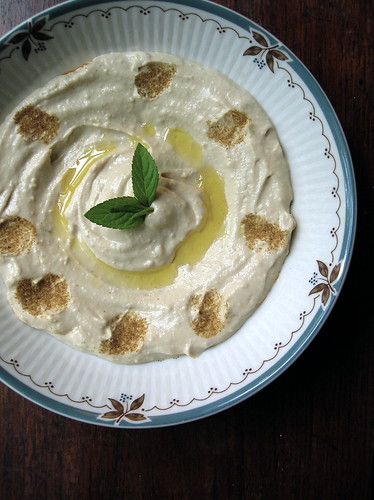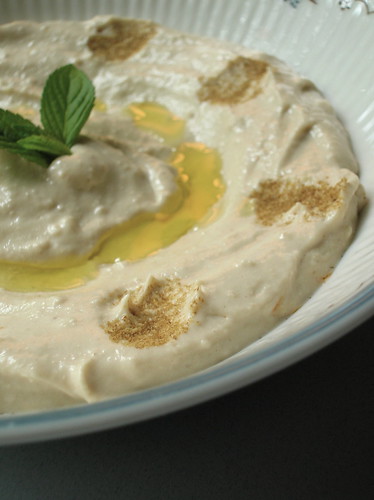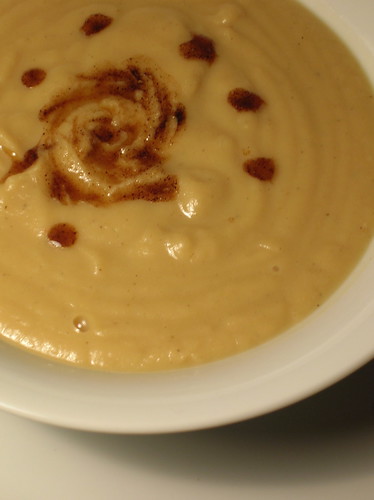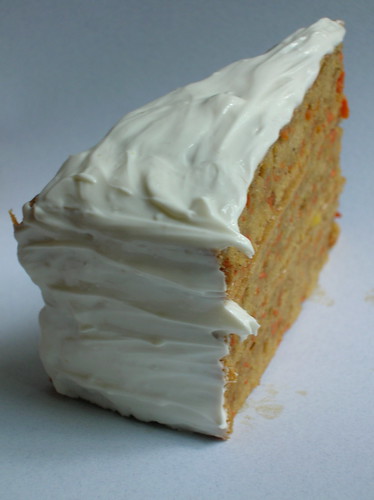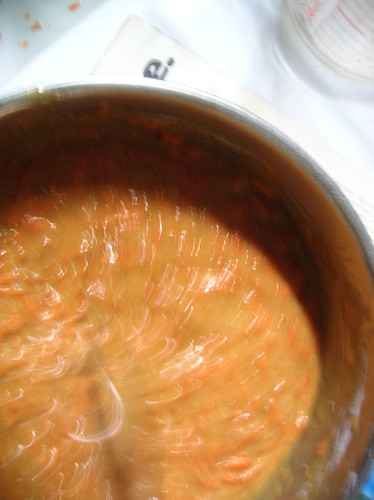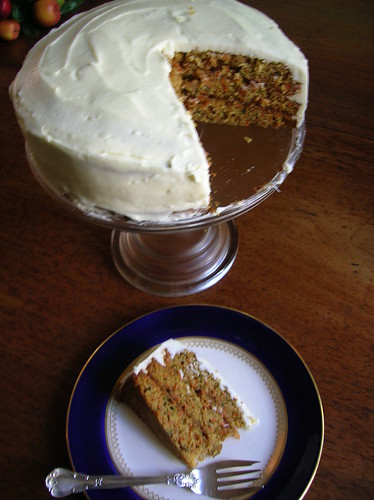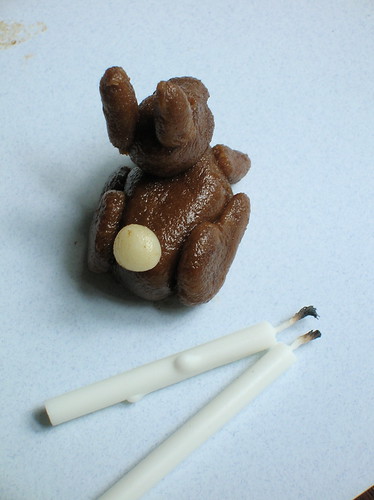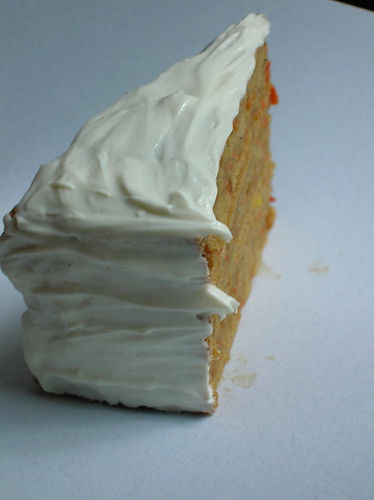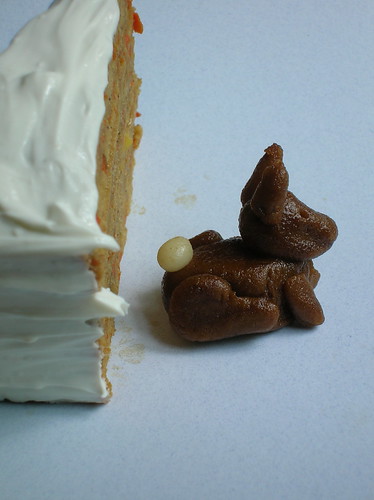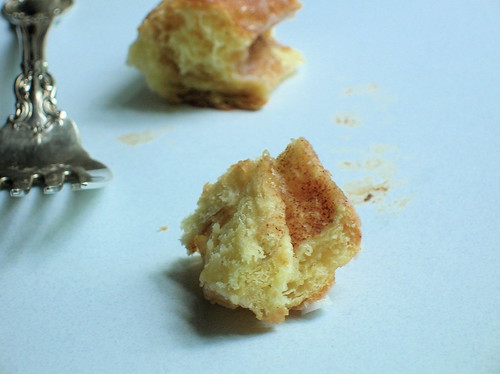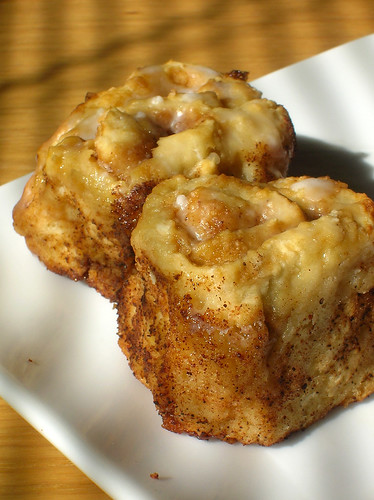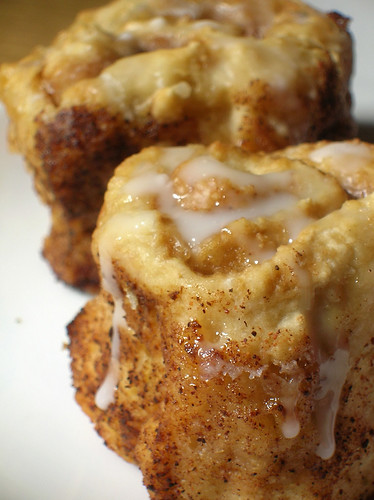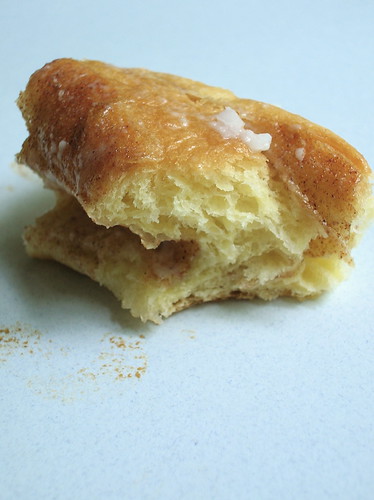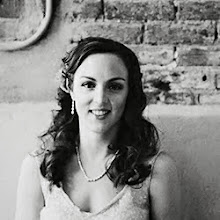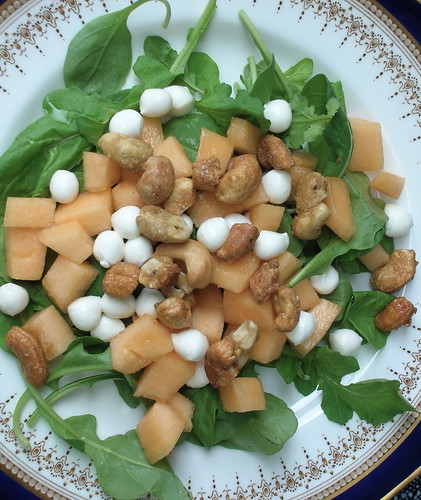
Summer Salad with Melon, Mozzarella, and Cashews
There are a lot of great things I love about my old neighborhood in Damascus, called Muhajereen. Nestled up into the mountain-side, it's got a fabulous market, well-priced rents and apartments that offer beautiful views. Muhajereen means "the immigrants," referring to immigrants from Crete that settled the area long ago, although these days the neighborhood is home to middle class families that have been in Damascus for hundreds of years. It boasts an ancient winding street with Mamluk-era buildings and a Sufi gravesite where local pilgrims come and bring picnic lunches to eat in the cool basement shrine. Bordering on Damascus’ chicest neighborhood, Abu Roumaneh, it's a short-walk to my office and nice shops.
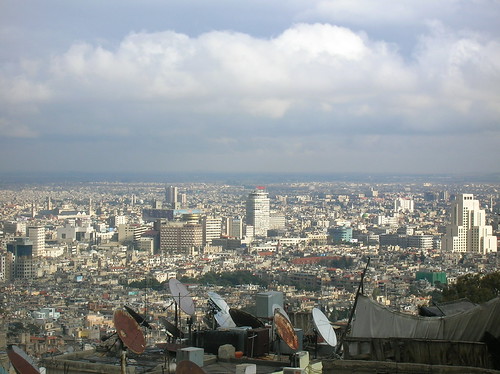
However, it's also a conservative neighborhood, and while that means there aren't many other foreigners around (a plus), there are also some minuses. Many women wear extremely conservative dress: black coats, stockings, black gloves, and a double black face-veil with no eye-holes. Before you ask: yes, it's difficult for them to see through it, and no, I don't have to wear a veil, Damascus women wear a wide range of dress based on personal decisions. But let's move on to that other negative, the complete absence of restaurants in Muhajereen. Conservative households always eat at home, together, and much of the structure of the day revolves around the family meal. So while there are plenty of take-out shops, juice bars, and ice cream parlors, including the best felafel stand in the whole city, there are no sit-down restaurants.
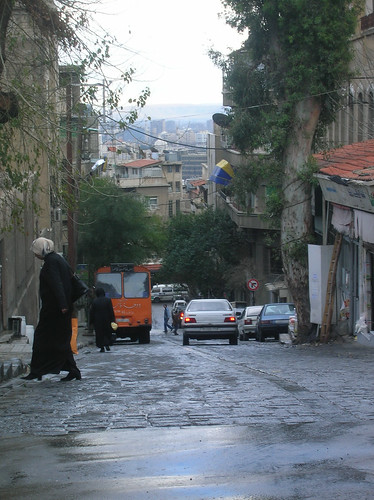
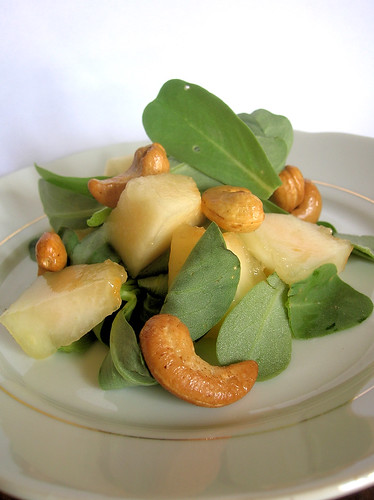
This brings me to why I love the Kurds. At the edge of Muhajereen, off a little side street across from the French embassy, is a bright pink sign reading "The Journalists Club." At one time it was a meeting place for journalists, but these days it’s just a slightly shabby restaurant and cafe. The walls are decorated with florid seventies-era wallpaper and gaudy swirled paintings; weak florescent lights reveal a clientele of older Arab men and a smattering of young ex-pats and Syrians. But what draws us is the single fact that the Journalist’s Club sells alcohol. Don’t get me wrong, I’m not a big drinker, but after a tough day navigating Damascus’ busy streets and bureaucratic struggles, a little glass of wine is a nice way to relax. Though wine and alcohol are available for purchase, the only restaurants and bars with alcohol are in the Christian neighborhoods, far across town from where we live.
The Jounalists Club serves alcohol because it is run by Kurds. I have several Kurdish friends, and though everyone is extremely welcoming in Syria, the Kurds have a unique sense of joy and fun. The other thing that draws us to the Journalist Club is the laid back atmosphere: in a lot of trendy Damascene places it’s all about being seen, women with kohl eyes and men with too much hair gel, at the Journalists Club no one bothers you. And then there’s the cashews. They bring little bowls of roasted cashews to your table that are the most addictive wonderful nuts you’ve ever had. Walking down the hill one evening, Sara mused, “I hope they’ll have the cashews.” Sometimes the bowls are mixed nuts or popcorn, but we adore the cashews. There’s been many an evening I’ve whiled away with a group of expat friends, sipping Lebanese wine and eating one-too-many handfuls of cashews.
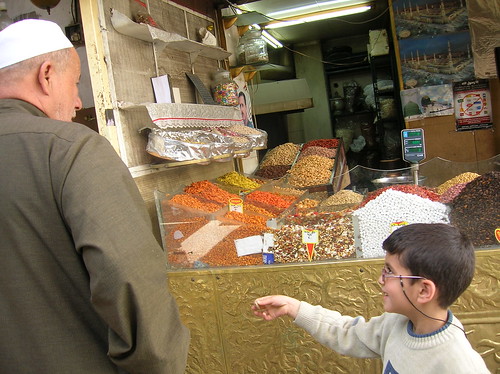
We’ve become friends with the Club’s owners, who told us they get the cashews from a little nut roaster not far from our appartment. Now we can get the nuts whenever we want, golden and hot, straight out of the rotating dark barrel. They rarely last the trip home, but I did manage to incorporate them into a lovely summer salad one day. The meaty cashews made a perfect pairing for the softest, sweetest summer melon, sort of like a play on the classic melon-ham pairing, except in a country without pork products. I used a soft herbal green that I have finally figured out is a type of purslane (anyone know a good source for Arabic/English herb translations?!). It’s worth looking for succulent purslane in your local farmers market, but you could substitute baby lettuces. Finally, tiny little balls of mild cheese round out the salad with a creamy note. It’s a wonderful salad I’ve made many times, but I always think of the jovial Kurds at the Journalist’s Club whenever I reach for the cashews.
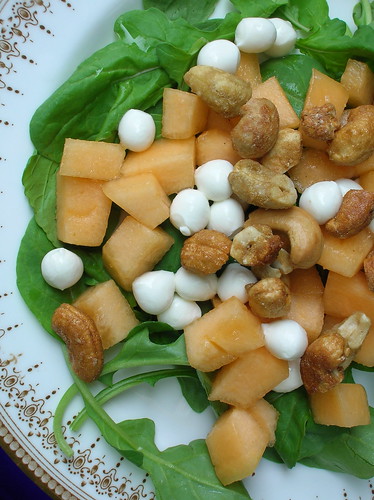
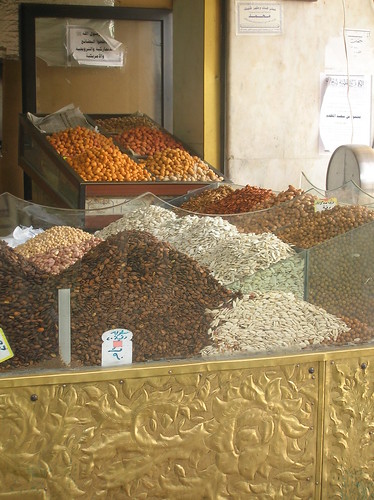
Summer Salad with Melon and Cashews
3 handfuls purslane, or substitute baby lettuces or arugula
1 cup sweet melon, such as cantalope or charentais, diced
1/2 cup bocconcini (tiny mozzarella balls), or cubes of soft mild cheese
1/2 cup roasted salted cashews
lemon juice, olive oil, salt to taste
Combine the lemon juice and olive oil in a bowl. Add the purslane and toss to coat, then sprinkle with salt. Place the purslane on your serving plate, then arrange the melon, cashews, and cheese on top. Serve.
Variations: If you, like my mother, are deathly allergic to melon, you can substitute ripe peaches. Or if you, like my friend A., are allergic to nuts, you can substitute some slivers of Parma ham. If you’re allergic to melon, nuts, and dairy, well, maybe this isn’t the recipe for you.



